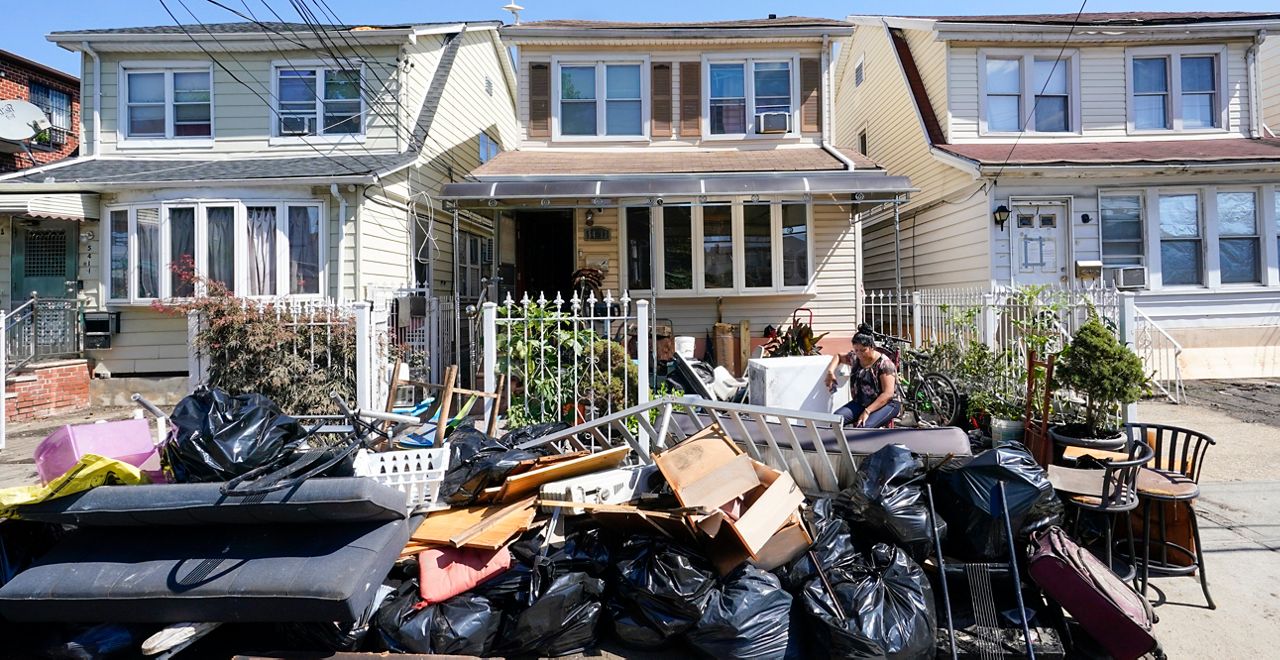Higher electric and gas bills are another thing New Yorkers will have to budget for along with congestion pricing and MTA fare hikes in the coming months and years.
Under a new rate plan approved by the state Public Service Commission, residential electric customers using 600 kilowatts an hour per month will see an increase in monthly bills over the next three years.
Beginning in August, electric bills will go up by an average of 9.1%, or $14.44. That's followed by a 4.2% (or $7.20) increase starting January 2024. Then in January 2025, there will be a 1.4% (or $2.43) increase.
"It’s the seniors and the retirees and the elderly, I feel for them, the ones that are on fixed incomes," Astoria resident Richard Simmons said of the increases.
"The cost of living in the city is outrageous. It's crazy,” added Astoria resident Anthony E., who asked NY1 to abbreviate his last name.
Anthony, who is a landlord, said with the cost of electricity and gas going up, it seems like everything in the city is becoming too expensive.
"For a two-family house, gas and electric, I kid you not was $932 three months ago in the winter," he said.
For gas customers using an average of 100 therms per month, they will see their monthly bills increase.
In August, gas bills also go up by an average of 8.4% (or $17.28). In January, there will be a 6.7% (or $14.90) increase. And in 2025, there will be a 6.6% (or $15.61) increase.
"With the gas and light bill going up, it’s competitive with everything else that's going up,” Simmons said.
It’s a cost that Anthony said he will likely have to pass along to his tenants.
"What are you going to do? I have a two-family house. I'll have to raise rents," Anthony said.
The Public Service Commission said the proposed rate increases for both electric and gas are required to address several factors, including rising company costs, property taxes and to help with capital investments for Con Edison.







_PKG_Pope_Blessing_Julia_Bruzzese_134018113_216)

